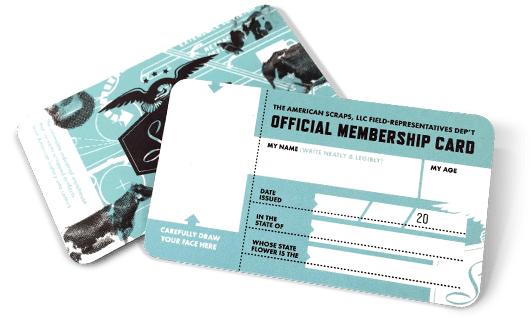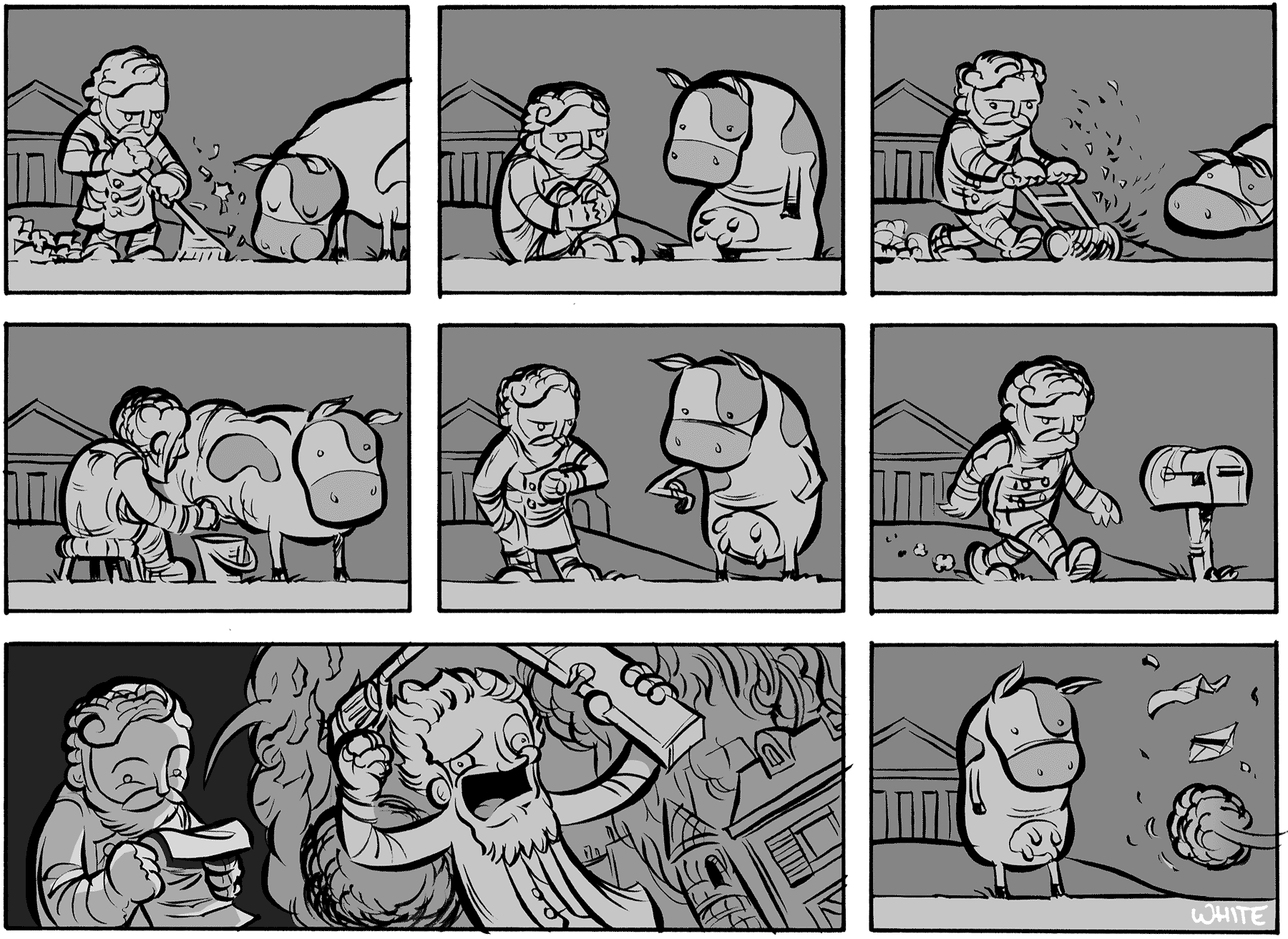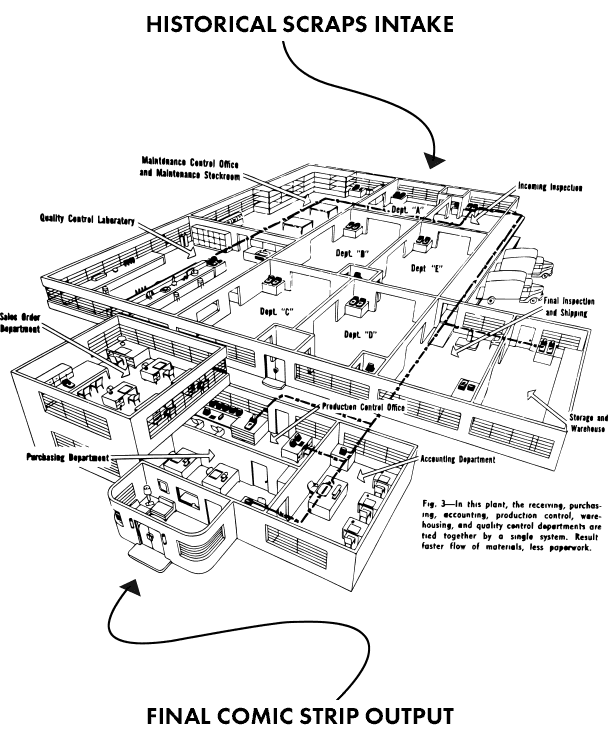Robert E. Lee was bored. In the years leading up to 1861, Lee was still a Colonel for the (still whole) United States. He’d taken a bunch of vacation from his stints with Army training and field command to care for his father-in-law’s deeded (now-iconic) mansion, and he’d grown restless. Sure enough, on one cool fall morning, he received word that he was needed upriver at Harpers Ferry, where a well-intentioned abolitionist called Brown was (literally) shooting up the town. From that week, nothing was the same for Lee, or the nation, and it just took one more year for war to come.
Hi-Quality Merchandise









